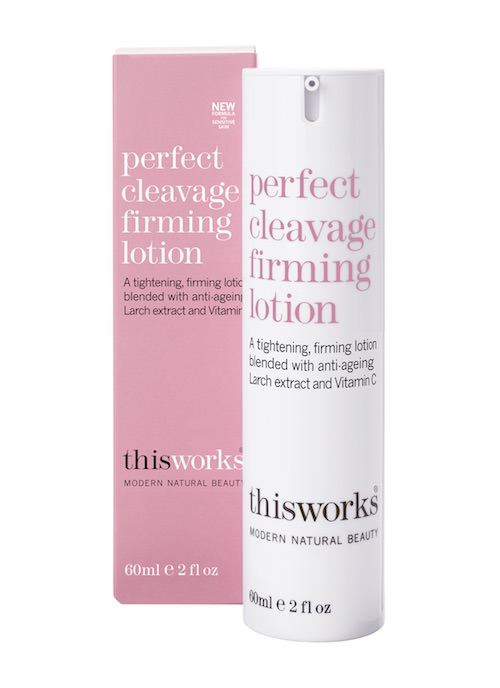Breastfeeding stigma
For many years now, the debate has raged about whether or not breastfeeding in public is acceptable. No one can disagree with a woman’s right to feed her child, but the exposure of breasts to the world at large is a fine line to draw, especially when the mother in question does not cover herself while nursing.
For those observing the act as well as those breastfeeding, the main issues are of an enforced level of intimacy being introduced to any given situation, and the need for personal space and privacy.
Lactivists – a combination of the words ‘lactation’ and ‘activism’ – advocate this natural nursing method over bottle-feeding and campaign against discrimination of breastfeeding mothers, whether that’s in the workplace, or while out and about. Yet many people still feel uncomfortable about breasts – which tend to be viewed as sexual organs despite their obvious primary use – being bared in public.
It’s an interesting debate, and not just for men, for whom the issue might be muddied with sexual assertiveness or even jealousy. Modern British women with a relatively open and educated background probably wouldn’t think twice about seeing a friend, family member or, indeed, a stranger breastfeeding, but the lines become blurred depending on who might be revealing herself in front of you. However pro-breastfeeding you might be, would you still be 100% comfortable sitting opposite a work colleague, perhaps your boss, if she began to unbutton her blouse? A shop assistant? Or your teacher?
Back in 2006 a complaint was filed with the Vermont Human Rights Commission by Emily Gillette, after a Delta Connection flight attendant ordered her to leave the plane when she declined to cover her breasts while feeding her young daughter. Gillette had been sitting by the window with her husband beside her in the seat nearest the aisle, when the flight attendant handed her a blanket and told her to cover up. Following Gillette’s refusal, the mother was briskly escorted off the plane. Although Delta later apologised to Gillette and stated publicly that women had the ‘right’ to breastfeed on their planes, the incident inspired lactivist ‘nurse-ins’ (public gatherings of mothers breastfeeding their children in protest) at Delta counters across America, and Gillette pursued her case in the US District Court.
Closer to home, Yorkshire mother Lisa Lofthouse was left ‘shocked’, ‘red-faced’ and as if she had ‘done something wrong’ after she was asked to leave a Scarborough café following a customer complaint about Lofthouse feeding her newborn daughter. ‘She was crying because she was hungry and I just needed to feed her as soon as possible,’ said Lofthouse, who was forced to buy formula milk to feed her baby as she was simply too upset by the incident to continue nursing elsewhere. Again the café – which incidentally displayed pro-breastfeeding stickers in the windows – apologized for what was deemed to be a mistake.
Recently Manchester mother Stephanie Wilby hit the headlines when she was ordered out of a public swimming pool after attempting to feed her four-month-old son in the toddler area. Wilby appeared on This Morning, claiming that staff had told her that what she was doing amounted to ‘indecent exposure’. 'They made a real scene', said Wilby. ‘One staff member also said he would stop a man urinating in the pool and that is why they did not want me breastfeeding in the water.’ Once again, a representative of the Manchester Aquatics Centre has apologized, but Wilby’s case is an interesting one as it brings the issue of hygiene into the debate – swimmers wouldn’t normally consider eating and drinking in the water, so why would it be acceptable (or safe) for a baby?
So where does the law stand on all of this? In October 2010 the new Equality Act made it illegal for anyone to ask a breastfeeding woman to leave a public place such as a café, restaurant, shop, hotel, park, theatre, petrol station, cinema, university, leisure facilities or any other public buildings, or on public transport such as buses, trains and planes. However, as with Stephanie Wilby’s case, it is not illegal to stop a woman breastfeeding when there are legitimate health and safety risks to consider, such as proximity to dangerous chemicals. The Act clearly states that it is sexual discrimination to treat a woman unfavourably because she is breastfeeding.
In the event you suffer such discrimination, you are advised in the first instance to make a formal complaint to whichever organisation has discriminated against you. If this doesn’t resolve the matter, you can bring an action within six months in a county court in England or Wales, or a sheriff court in Scotland. This can prove expensive, so take advice before initiating proceedings, as if you lose the case you may be ordered to pay your opposing side’s legal costs as well as your own. However, if you win, the court can order the party at fault to pay compensation, which can include injury to feelings.
For more information about reducing the stigma surrounding breastfeeding and about increasing confidence about nursing in public, please visit Breastfeeding Manifesto and We Do It in Public.
For more information and advice about discrimination law, please visit Equality and Human Rights Commission.
Latest Cream Review
Browse Categories
Most popular
Dr. Organic Moroccan Argan Oil Breast Firming Cream Review
Dr. Ceuticals Bust Boost Review
UK beaches uncovered: The topless top five
Palmer’s Cocoa Butter Bust Cream Review
The politics of breasts: Know your rights
Strapless, backless or plunging – bra solutions for every dress dilemma
Nutrition and lifestyle for breast cancer prevention


